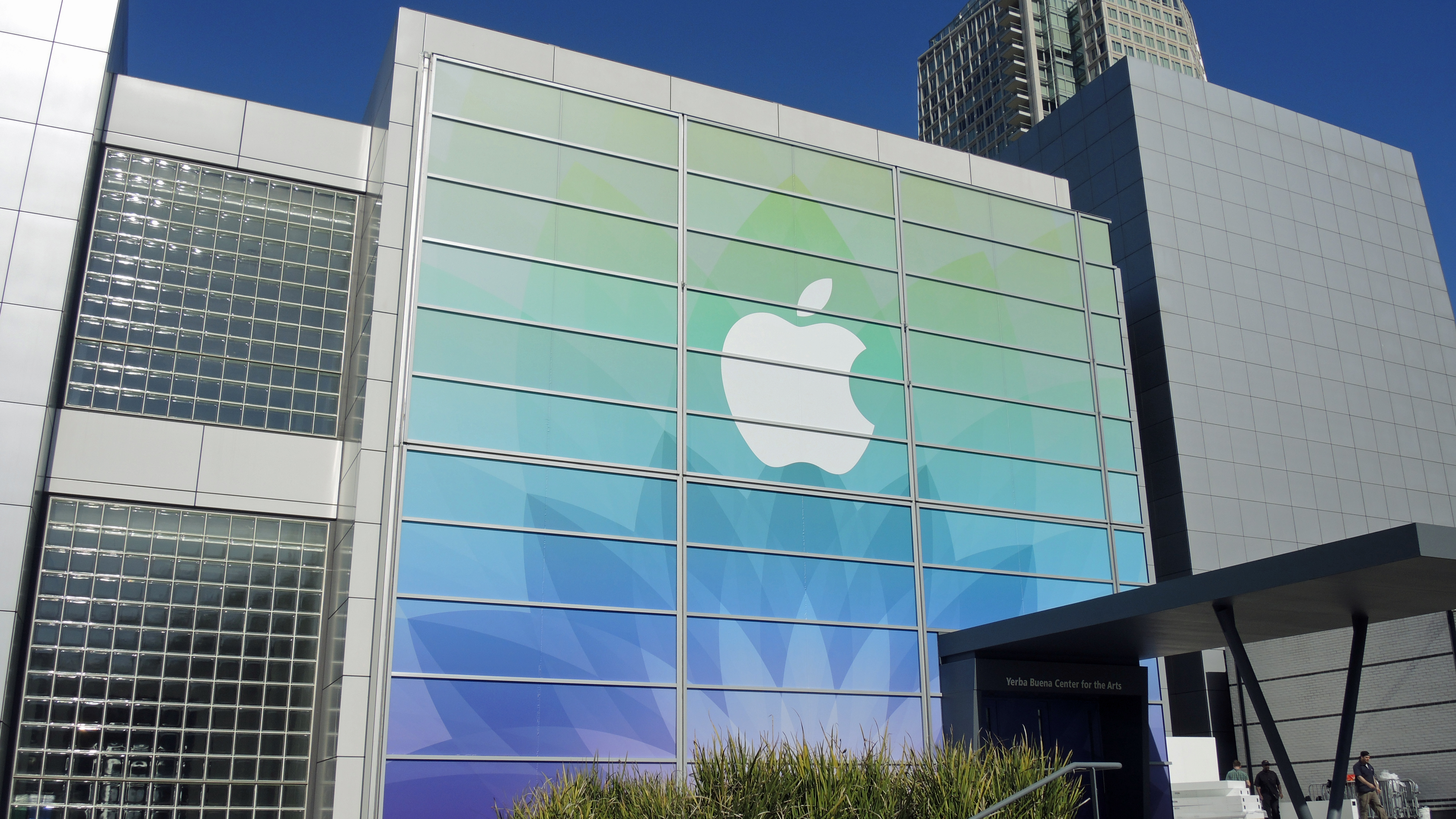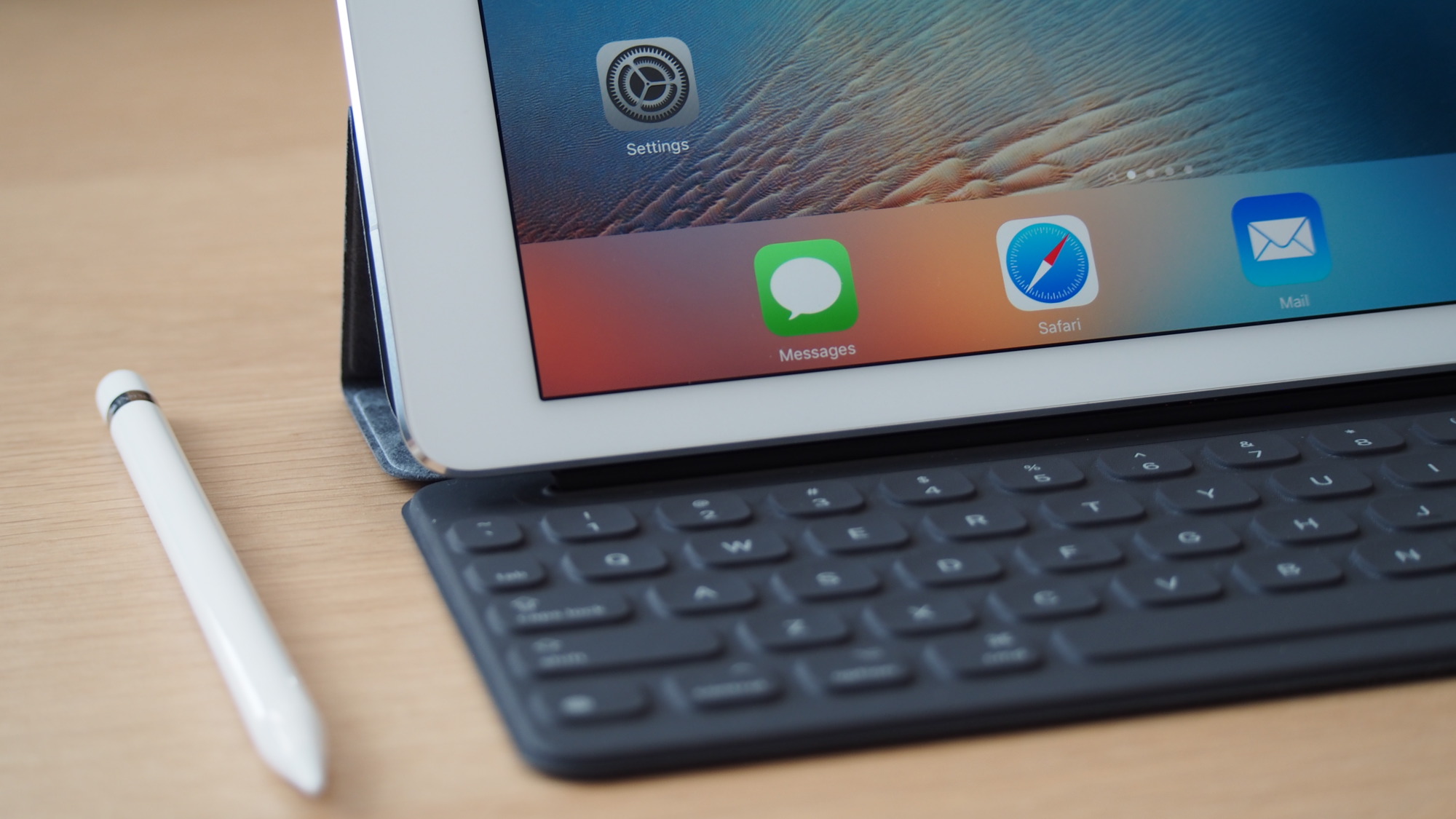Why Apple should have done more to capitalise on enterprise
Apple's enterprise arm is doing well – but it could be doing better

Growing a business from nothing to $25 billion (around £17.5 billion, or AU$32 billion) in three years would seem an impressive feat for any company that wasn't Apple. Twice in the past two years Apple has posted the biggest profit ever recorded by a public company, racking up over $18 billion (around £12.5 billion, or AU$23 billion) in the three months leading up to January this year.
The iPhone, driven by a growing middle class around the world, still represents more than 60% of the company's profits going by those most recent figures, while other product lines show promise.
However, the $25 billion business in question is Apple's enterprise arm, which has grown alongside the iPhone. As more and more workers bring their own phones into the office, companies have had to deal with more and more iPhones. This, in turn, has presented a golden opportunity for Apple which it has been keen – and swift, in some ways – to exploit.
Partnering up
A partnership with IBM, a long-time industry stalwart, kicked off the proceedings, bringing a new range of made-for-business apps to iOS and, as such, enterprises. Other partners have also been lining up, culminating in the iPad Pro shipping pre-installed with an Office 365 subscription if the user desires.

Doubts surrounding the continued growth of the iPhone have spooked some investors, however, and CEO Tim Cook was forced to defend the company's strategy and position on the earnings call associated with the biggest ever profit for a public company.
Being placed on the back foot is a little unfair considering how well Apple is doing, but it does demonstrate that even the best ideas – as the iPhone surely is – have a shelf life, especially in today's hyper-competitive consumer market where budget-oriented manufacturers can bundle Android and sell a phone that performs many of the same tricks the iPhone manages for under $100.

Services with a smile
Cook emphasised that Apple was fast becoming a "services" company, touting the impressive growth of its business. Essentially, services are just that – things, usually software, that can be sold to people for a recurring fee. According to the company, it makes about $6 billion (around £4.2 billion, or AU$7.7 billion) per year from app sales in the App Store, for example.
Sign up to the TechRadar Pro newsletter to get all the top news, opinion, features and guidance your business needs to succeed!
The enterprise business, which extends from the iPhone, could contribute to this new "services" mission, but there are areas that need improving.
"Apple benefits from the enterprise shift to mobile," wrote Gartner, a well-respected research firm, in a report obtained by techradar pro. "Its success in consumer markets has been mirrored by adoption of Apple products in the workplace."
This success is built somewhat off the back of the misfortune of others. Microsoft, for example, was slow to see the emerging trend toward mobile devices and did not cater to this need, leaving it outgunned when businesses came calling. Google, too, has struggled to secure Android against hackers, something which has put off many companies. (This issue, however, is being addressed with newer versions of Google's mobile OS.)
"Apple's secrecy and sole-source hardware continue to challenge the enterprise," the report states, highlighting an area of weakness for Apple and, more fundamentally, a difference in how the consumer and enterprise worlds work.
Max Slater-Robins has been writing about technology for nearly a decade at various outlets, covering the rise of the technology giants, trends in enterprise and SaaS companies, and much more besides. Originally from Suffolk, he currently lives in London and likes a good night out and walks in the countryside.